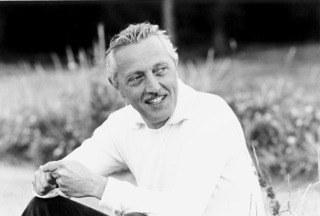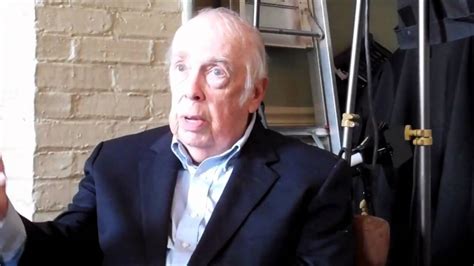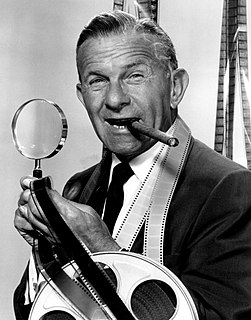A Quote by Harry Frankfurt
I used to teach at Yale, which was at one time a center of postmodernist literary theory. Derrida was there. Paul de Man was there.
Related Quotes
We have no acceptable theory of evolution at the present time. There is none; and I cannot accept the theory that I teach to my students each year. Let me explain. I teach the synthetic theory known as the neo-Darwinian one, for one reason only; not because it's good, we know that it is bad, but because there isn't any other. Whilst waiting to find something better you are taught something which is known to be inexact.
I guess both Nabokov and Popper had, in different ways, immunized me against the fashion for French-influenced literary theory in the '70s, '80s, and '90s - "immunized" in the sense that they made me no longer susceptible to this epidemic cultural virus. I looked into Derrida and found that he rarely seemed to be interested in truth; he was more interested in making a splash.
I used a fifties Les Paul custom on most of the stuff. I also used a Strat, a newer Strat. I had a million guitars in there but I used the Strat & the Les Paul in just about everything. There were a lot of different amp choices, I was working with a pro tools plug-in which is like an amplifier stimulator. The possibilities with something like that are just endless.
My favorite method of encryption is chunking revolutionary documents inside a mess of JPEG or MP3 code and emailing it off as an "image" or a "song." But besides functionality, code also possesses literary value. If we frame that code and read it through the lens of literary criticism, we will find that the past hundred years of modernist and postmodernist writing have demonstrated the artistic value of similar seemingly arbitrary arrangements of letters.
Solitude is used to teach us how to live with other people. Rage is used to show us the infinite value of peace. Boredom is used to underline the importance of adventure & spontaneity. Silence is used to teach us to use words responsibly. Tiredness is used so that we can understand the value of waking up. Illness is used to underline the blessing of good health. Fire is used to teach us about water. Earth is used so that we can understand the value of air. Death is used to show us the importance of life.
In a way, America's the shadow of everything I do, everywhere I go, everything I carry, no matter if I travel to the ends of the earth. And I live frequently on the spine of the continent, near the Great Divide. Then there's the side of it being the real energy center for a truly post-postmodernist poetry mind, which is also archaic, because we can still be close to the land.









































